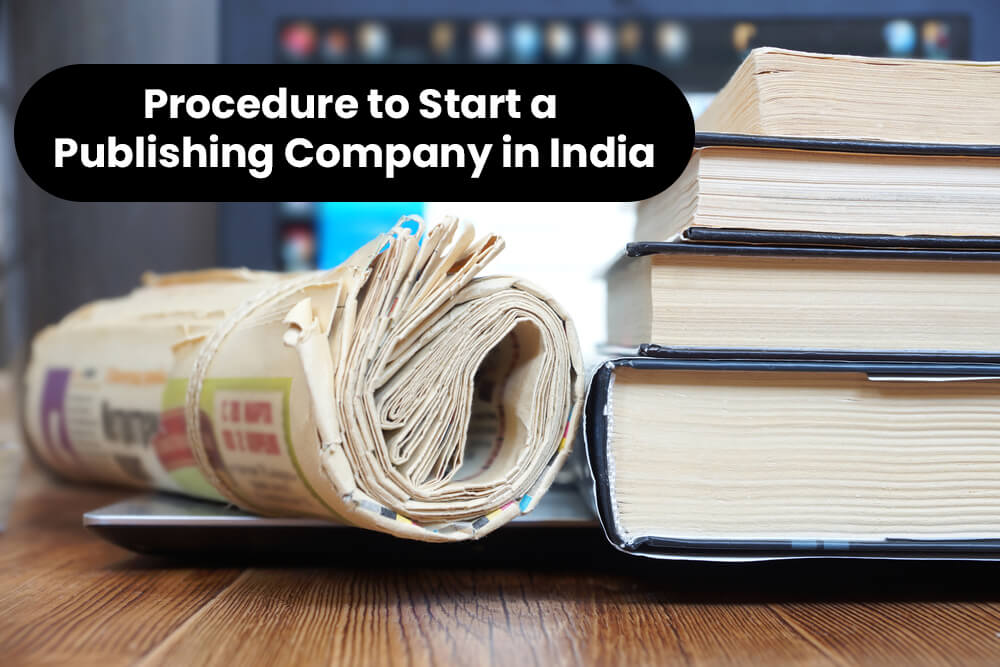Publishing books in India can be a fulfilling and profitable venture. With the increasing demand for books in regional languages, the rise of e-books and audiobooks, and a wide variety of genres, the Indian market offers immense opportunities. Whether you want to publish your own books or promote other writers, this guide will walk you through the essential steps to start and succeed in the Indian publishing industry.
Understand the Indian Publishing Industry
India’s publishing market is vast and diverse. It includes genres like fiction, non-fiction, academic books, children’s literature, and books in regional languages such as Hindi, Tamil, Bengali, and Marathi. E-books and audiobooks are becoming more popular as readers shift towards digital formats. To succeed, research the market thoroughly. Look into bestselling genres, popular formats, and what competitors are offering. Pay attention to trends such as the rising demand for self-help books and educational materials. Understanding the industry will help you identify what readers want and how you can cater to them effectively.
Decide Your Publishing Niche
Choosing the right niche is crucial for building your identity in the market. A niche allows you to focus your efforts on a specific audience and deliver content that appeals to them. For example, you can specialize in publishing self-help books, novels, children’s literature, cookbooks, or academic materials. Selecting a niche based on your interests and expertise makes it easier to understand your audience’s needs and create content that stands out. This focus will also help you market your books effectively and establish a strong reputation in the industry.
Develop a Business Plan
A well-thought-out business plan lays the foundation for your publishing house. Your plan should detail the initial investment required for editing, printing, marketing, and distribution. Identify your target audience and outline strategies to reach them. Decide whether to register your business as a sole proprietorship, partnership, or private limited company. Include revenue streams like book sales, royalties, and digital subscriptions. A strong business plan not only helps you stay on track but also makes it easier to secure funding if needed.

Learn About Copyrights and Legal Requirements
Understanding the legal aspects of publishing is essential. Register your publishing house under Indian business laws and obtain an ISBN (International Standard Book Number) for each book you publish. This unique identifier is crucial for selling and distributing books. Draft clear contracts with authors, editors, designers, and freelancers to define copyright ownership, royalties, and other terms. Protecting your business legally ensures smooth operations and prevents disputes.
Set Up Your Publishing House
Decide whether you want to operate as a traditional publisher or a self-publisher. Traditional publishers handle all costs related to editing, printing, and marketing, while self-publishers manage these responsibilities themselves. Create a professional identity for your publishing house by choosing a unique name, designing a logo, and building a website. Your website will serve as a platform to showcase your work, attract authors, and connect with readers.
Build a Skilled Team
Publishing involves various stages, including manuscript editing, cover design, marketing, and distribution. Assemble a team of skilled professionals such as editors to refine manuscripts, designers to create attractive book covers, and marketing experts to promote your books. For small-scale operations, you can outsource tasks like editing and design to freelancers. Platforms like Fiverr and Upwork can help you find affordable and experienced professionals.
Create a Manuscript Selection Process
Developing a clear process for evaluating manuscripts is important for maintaining quality. Assess submissions based on originality, market potential, and alignment with your publishing goals. Building relationships with literary agents and attending book fairs can help you discover talented authors. A strong selection process ensures that your publishing house produces high-quality content that resonates with readers.
Invest in Printing and Distribution
Printing is one of the biggest expenses in publishing. Partner with reliable printers who can deliver quality books at competitive prices. For distribution, collaborate with bookstores, libraries, and online platforms like Amazon and Flipkart. Offering both physical books and digital formats allows you to reach a wider audience. Consider setting up your own online store to sell directly to readers and build a loyal customer base.
Focus on Marketing and Promotion
Marketing plays a key role in the success of your publishing house. Use social media platforms like Instagram, Facebook, and Twitter to promote your books and engage with readers. Organize book launches, collaborate with book bloggers and influencers, and participate in literary events to increase visibility. Free previews, giveaways, and special discounts can create buzz around your books and attract more readers.
Explore Digital Publishing
With the growing popularity of e-books and audiobooks, digital publishing is an important avenue to explore. Platforms like Kindle Direct Publishing (KDP), Google Play Books, and Kobo Writing Life enable you to reach a global audience. Digital publishing also reduces printing and distribution costs, making it an attractive option for new publishers.
Manage Finances Effectively
Good financial management is critical to sustaining and growing your business. Track your expenses and revenue carefully, and ensure timely payments to authors, freelancers, and vendors. Reinvest profits into expanding your operations. Hiring an accountant or using accounting software can help you manage finances more efficiently and stay organized.
Stay Updated with Industry Trends
The publishing industry is constantly evolving. Stay informed about new technologies, market trends, and reader preferences. Attend workshops, join publishing associations, and network with other publishers to exchange ideas and learn about opportunities. Keeping up with industry developments will help you stay competitive and adapt to changing demands.
Conclusion
Starting a publishing house in India requires careful planning, dedication, and a deep understanding of the industry. By choosing the right niche, building a skilled team, and focusing on marketing, you can establish a successful publishing business. While challenges are inevitable, persistence, creativity, and staying updated with trends will help you thrive in this dynamic market.
